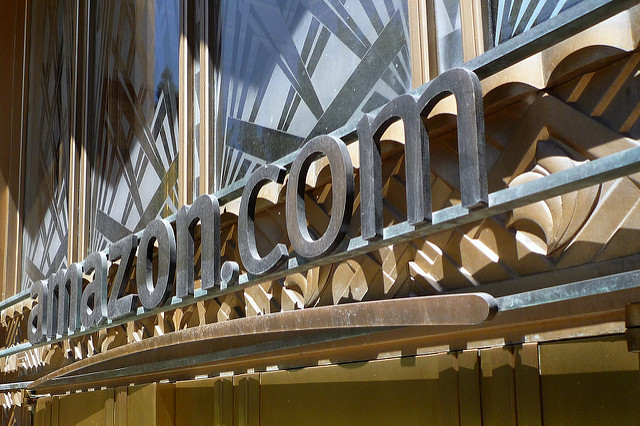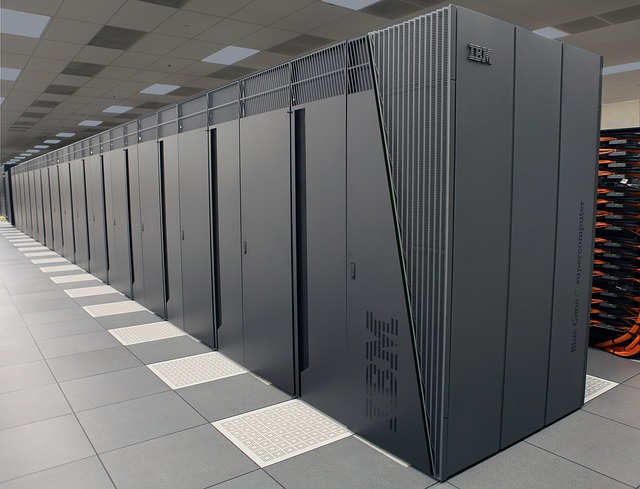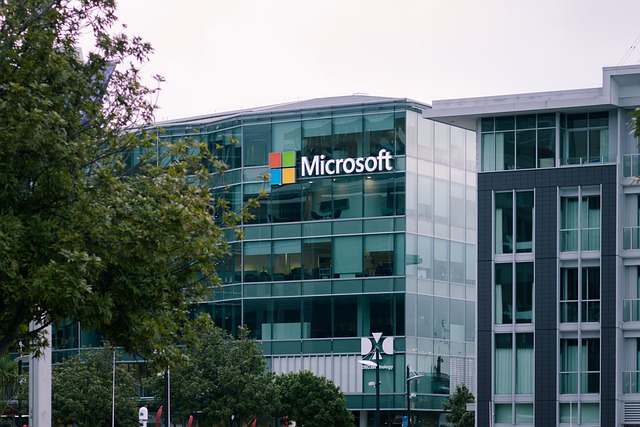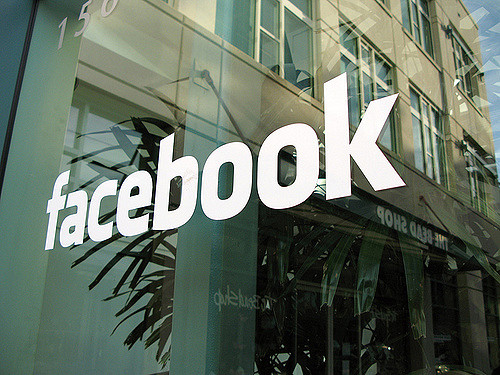Technology Stocks
Cloud Stocks: Twilio Builds its AI Portfolio

Communication Platform as a Service (CPaaS) player Twilio (NYSE: TWLO) recently announced its first quarter results that outpaced market expectations. Twilio continues to focus its efforts on integrating its Segment acquisition into the core business.
>>>Featured Videos
Can 1M/1M Help Me Raise Money?
How Does 1M/1M Democratize Entrepreneurship Education?
How Does 1M/1M Democratize Management Consulting?
When Is The Right Time To Join 1M/1M?
Can 1M/1M Help Me With Business Development?
Can 1M/1M Help Me With Market Sizing?
Can 1M/1M Help Me Validate My Product?
Will I Have Private 1-on-1 Sessions In 1M/1M?
How Does 1M/1M Help Entrepreneurs Connect With Silicon Valley?
Mentoring or Consulting?
Why Does 1M/1M Charge $1000 a Year?
Why Does 1M/1M Partner With Local Organizations?
Why Don\’t Mentoring Networks Work?
Why Is It Important To Study With 1M/1M Now?
Dan Stewart Story
Vikrant Mathur Story
Would AI Agents Disrupt Apple’s App Business?

Earlier this month, Apple (Nasdaq: AAPL) announced its second quarter results that outpaced market expectations. The market was impressed with the $110 billion buyback announcement, and its stock price increased 7% in the after-hours trading session.
>>>Cloud Stocks: Amazon Sees Momentum on AI Front

Amazon (NASDAQ: AMZN) recently announced its first-quarter results that surpassed market expectations. Its stock hit a 52-week high following its result announcement.
>>>Cloud Stocks: Google Looking to Monetize GenAI

Alphabet aka Google (Nasdaq: GOOG) recently reported a strong first quarter that beat analyst estimates driven by strong and profitable growth in Google Cloud.
>>>Cloud Stocks: Analysis of IBM’s AI Platform Strategy

IBM (NYSE: IBM) recently announced results for its first quarter and its plans to acquire cloud software maker Hashicorp for $6.4 billion.
>>>Cloud Stocks: Microsoft Sees High Adoption of its AI Platform

Last week, Microsoft (Nasdaq: MSFT) announced its third quarter results that exceeded analyst estimates driven by its AI momentum. However, its weak outlook brought down the momentum in its share price.
>>>Cloud Stocks: Atlassian Expands API Capabilities with Optic

Enterprise collaboration solutions provider Atlassian (Nasdaq: TEAM) recently announced its third quarter results that surpassed market expectations. The company’s outlook outpaced market expectations as well, but the news of its co-founder and co-CEO Scott Farquhar stepping down caused some angst in the market.
>>>Meta Wants to Keep Investing in AI

Meta (Nasdaq: META), formerly Facebook, announced its quarterly results earlier this week that failed to impress the market. The company’s disappointing outlook coupled with big investment plans for AI sent the stock falling 16% in the afterhours trading session.
>>>Analysis of Databricks’ Lilac Acquisition

According to a recent report, the Data Science Platforms market is estimated to grow at 77% CAGR to reach $322.9 billion by 2026. Databricks, a leading data analytics solution provider, recently reported its annual revenues that grew more than 50%.
>>>AI Unicorns: H2O.ai Builds Smaller AI Models

The growth in the AI industry has led to the increasing size of the AI models. OpenAI’s ChatGPT and Google’s Bard, for instance, are composed of more than 100 billion parameters. GPT-4 is estimated to be built out of over 1 trillion parameters. However, these large parameters require substantial computing power, have high operating costs, and can perpetuate harmful biases if not carefully monitored. The high resource requirement makes these large AI models inaccessible to smaller players. Mountain View-based H2O.ai is helping democratize AI adoption by working on smaller AI models, some that weigh as little as 1.8 billion parameters.
>>>